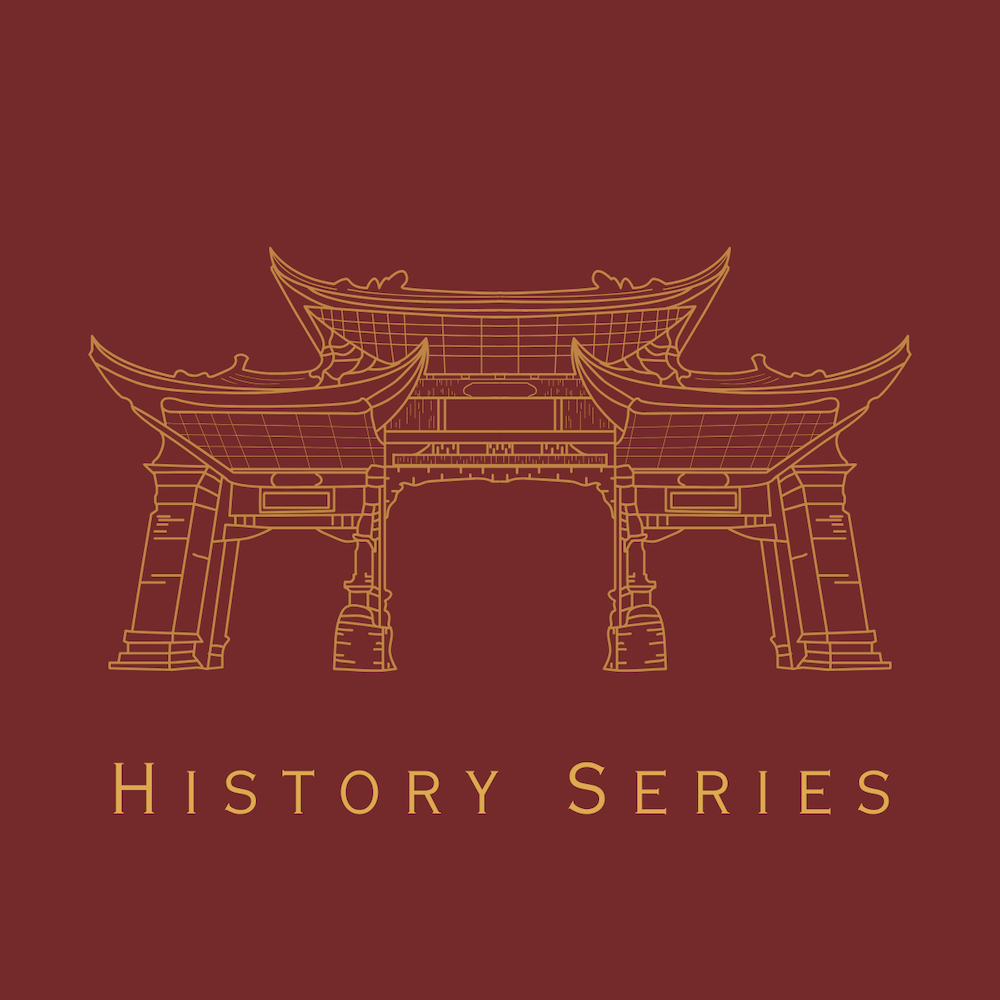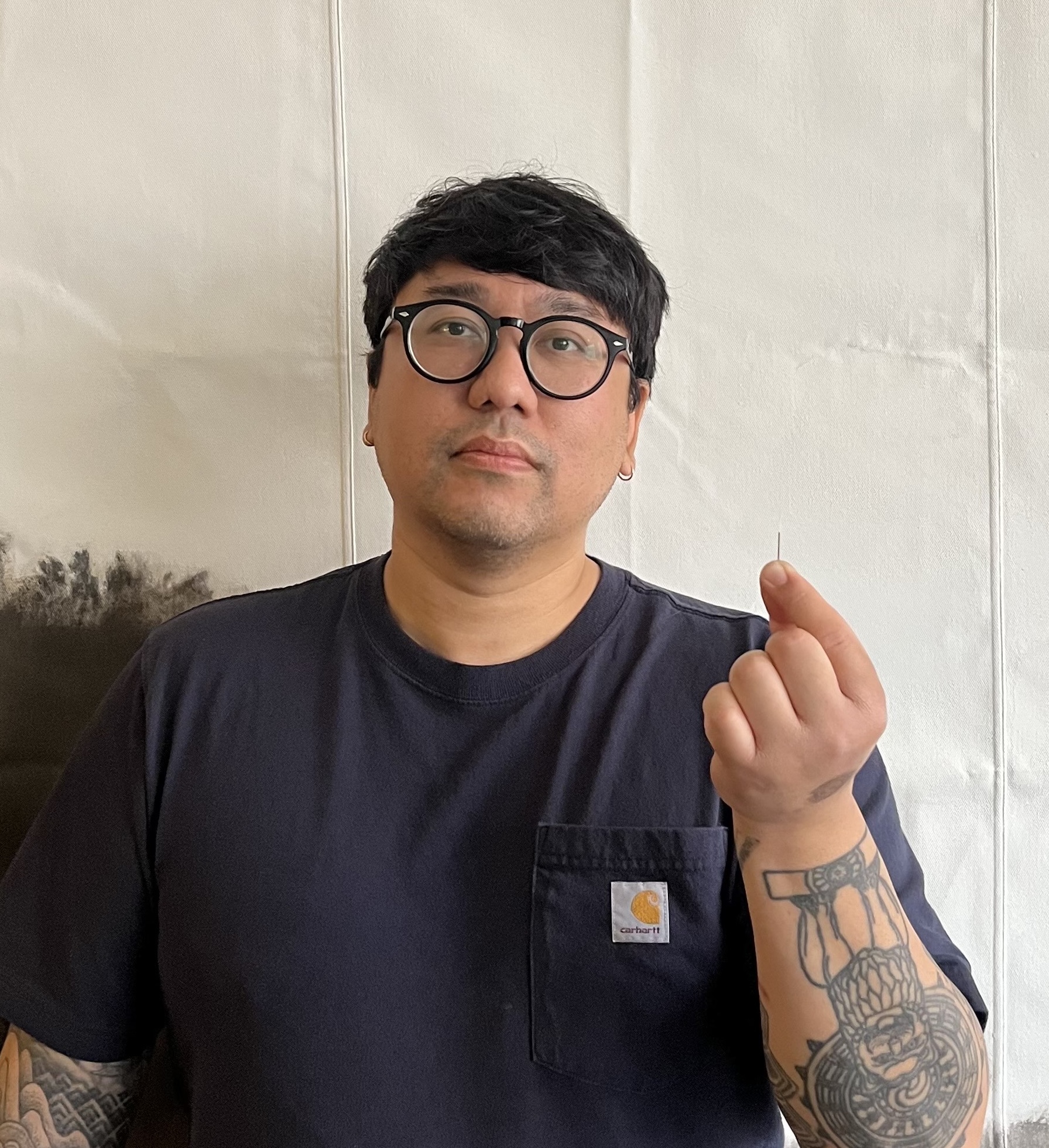
Punk rock and Chinese medicine might seem worlds apart, but both pushed back on dominant systems. Punk challenged the mainstream music industry; Chinese medicine, the dominance of biomedicine. Each created space for alternative voices, for people questioning authority and rewriting the rules.
In this conversation with Tyler Phan, we explore how rebellion, identity, and power intersect in the making of American Chinese medicine. His research looks at how a healing tradition that arrived through the Chinese diaspora was caught by the imagination of white countercultural movements, shaped by state regulation, and often distanced from the very communities that carried it here.
Listen into this discussion as we unpack Foucault’s ideas of power, the counterculture’s fascination with the East, the formation of professional standards, and how the DIY ethos of punk still hums beneath it all.
Tyler’s perspective challenges us to see that medicine is never just about healing—it’s also about who gets to define what counts as knowledge, and who that power ultimately serves.
It’s okay not to know something. Failure is how you learn.

Tyler Phan, Ph.D
I’m a professor of anthropology and Asian and Asian American Studies at the University of Pittsburgh and Carlow University. I received my Ph.D. in Anthropology from University College London (UCL) and my M.A. in Religions at the School of Oriental and African Studies (SOAS). My work has dealt with the social history of acupuncture in the United States and the religious/spiritual movement led by mostly-white Americans of the latter-20th century called “counterculture orientalism.”
Outside academia, I learned acupuncture in Vietnam when I was fifteen-years-old and worked at pagoda-clinics from the age of eighteen to twenty-three. I was a punk rock high school dropout and runaway—train hopping across the country. Now, I’m a punk rock normie who advocates a sober and kvlt life. I love disc golfing with my partner and son. I’m also a proud cat mom.
If you’re interested in Tyler’s perspective and research, you can read his dissertation on American Chinese Medicine.
He’s also working on a Ling Shu project.
You don't have access to purchase this item.